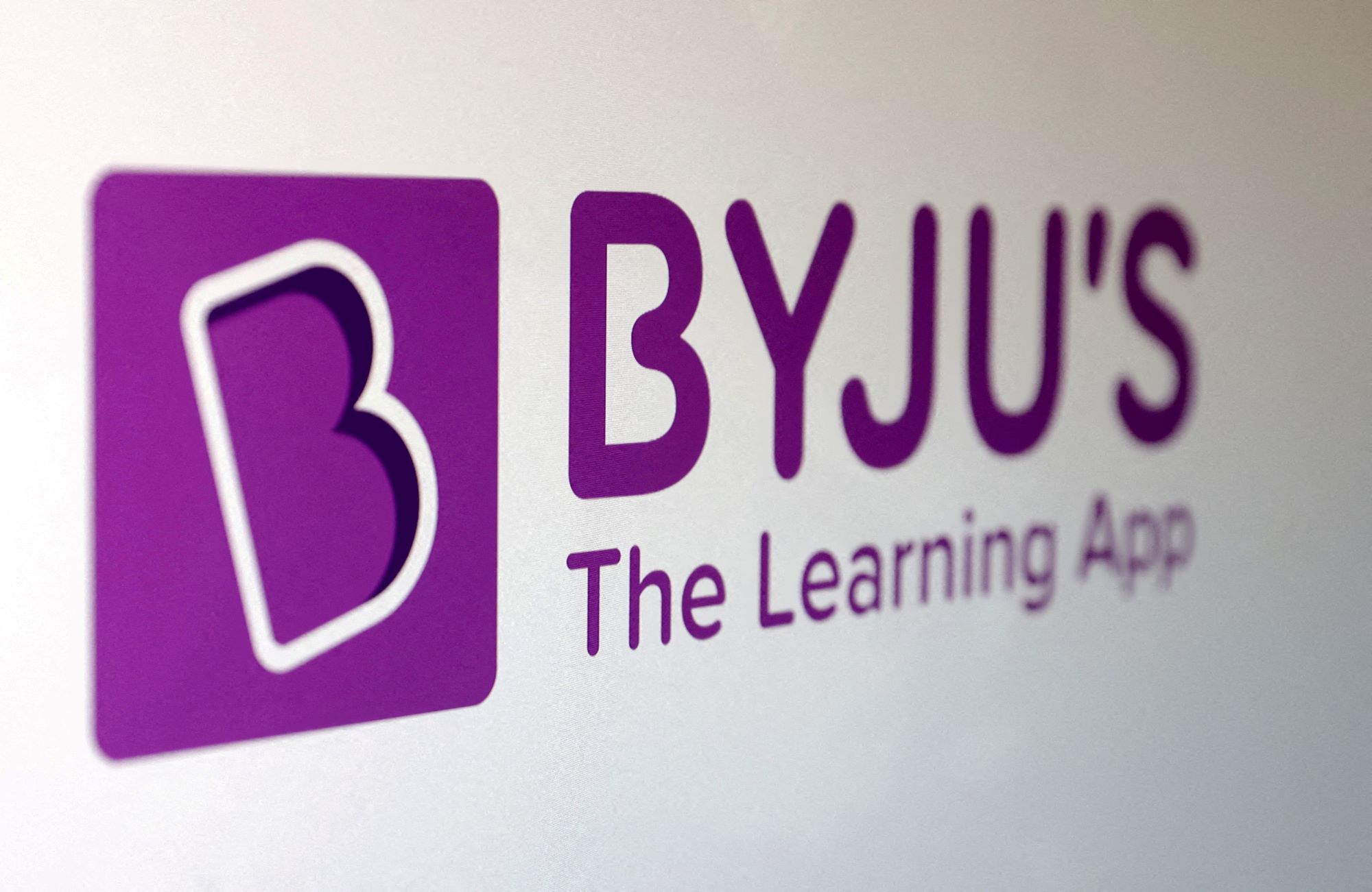BlackRock has made a significant cut to the value of its holding in Byju’s, reducing the implied valuation of the Indian startup to $1 billion from $22 billion earlier this year. This move was disclosed by the asset manager.
Key Takeaway
BlackRock has slashed Byju’s valuation to
billion from $22 billion, marking a significant downturn for the once highly valued Indian startup.
BlackRock’s Valuation Adjustment
At the end of October last year, BlackRock indicated that it valued Byju’s shares at approximately $209.6 each, down from the peak of $4,660 in 2022. The asset manager, like other mutual fund investors, makes multiple disclosures about its portfolio in a year, but doesn’t explain its rationale behind any valuation adjustments. Its new valuation adjustment hasn’t been previously reported.
Implications and Reactions
BlackRock, which owns less than 1% of Byju’s, didn’t immediately respond to a request for comment Thursday. Byju’s declined to comment. This isn’t the first time BlackRock has cut the worth of its holding in Byju’s — and BlackRock isn’t the only investor that has severely downgraded how they value Byju’s, but the new adjustment is by far the most drastic. Prosus, which owns about 9% in Byju’s, said late last year that it valued Byju’s at “sub $3 billion.” At $22 billion, Byju’s ranked as India’s most valuable startup.
Byju’s Challenges
The valuation markdown is a stunning reversal in fortune for Byju’s, once the poster child of the Indian startup ecosystem. The startup, which spent more than $2.5 billion in 2021 and 2022 acquiring over half a dozen firms globally, was once showered a valuation as high as $50 billion by marquee investment bankers. Byju’s has been backed by over a dozen movers and shakers in the industry, from Peak XV Partners to Lightspeed, UBS, and Chan Zuckerberg Initiative.
Impact on IPO Plans
Byju’s was preparing to go public in early 2022 through a SPAC deal that would have valued the company at up to $40 billion. However, Russia’s invasion of Ukraine in February sent markets downward, forcing Byju’s to put its IPO plans on hold, according to a source familiar with the matter. As market conditions worsened, so too did the business outlook for Byju’s. The company began facing mounting pressure from investors to address issues that it had previously left unresolved.

























